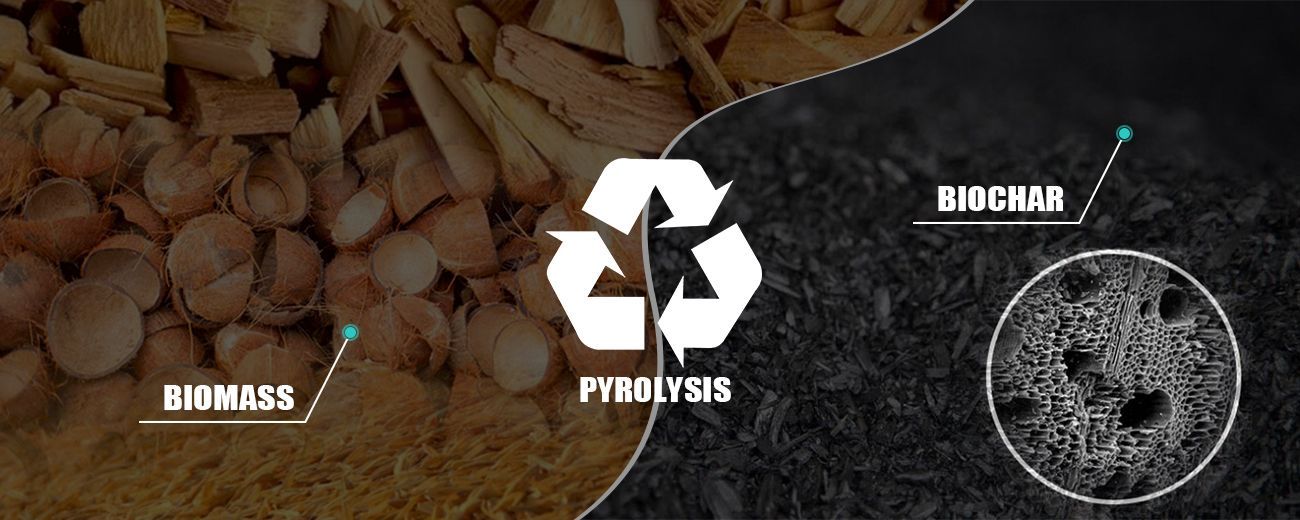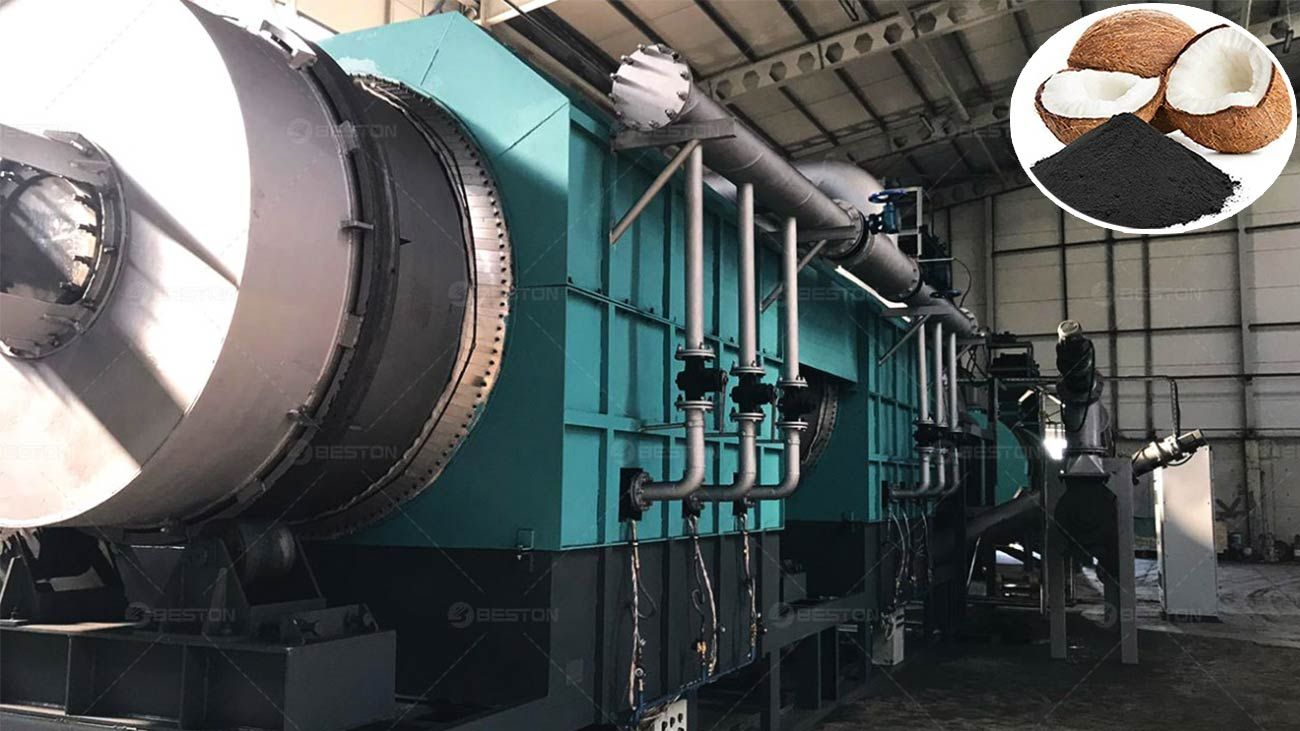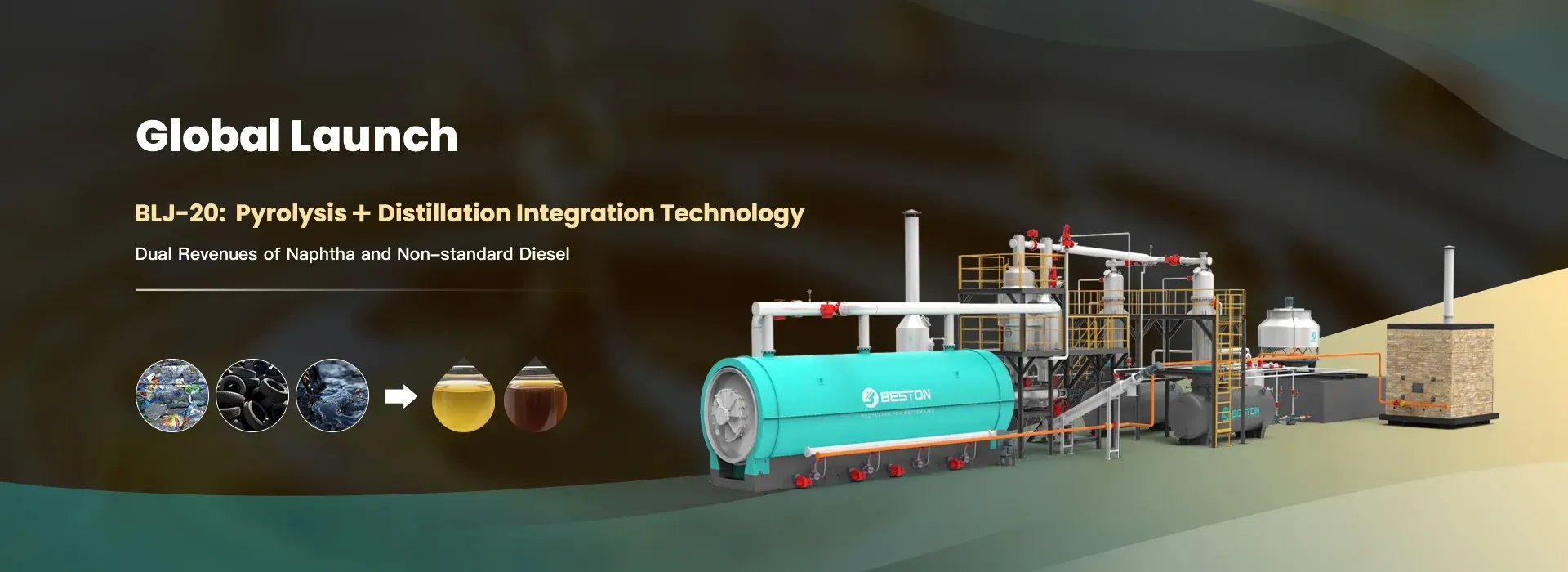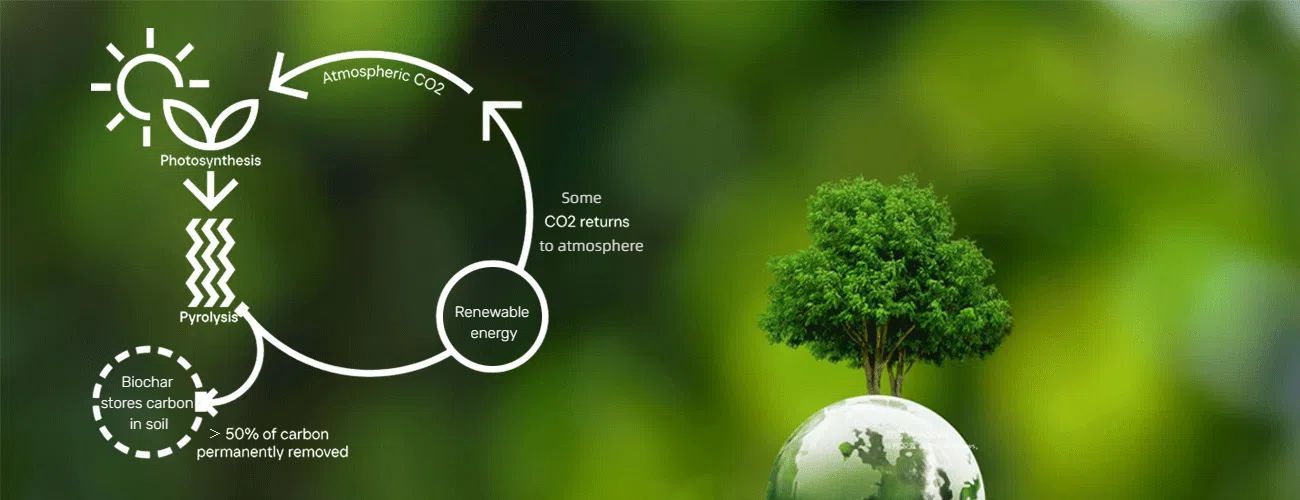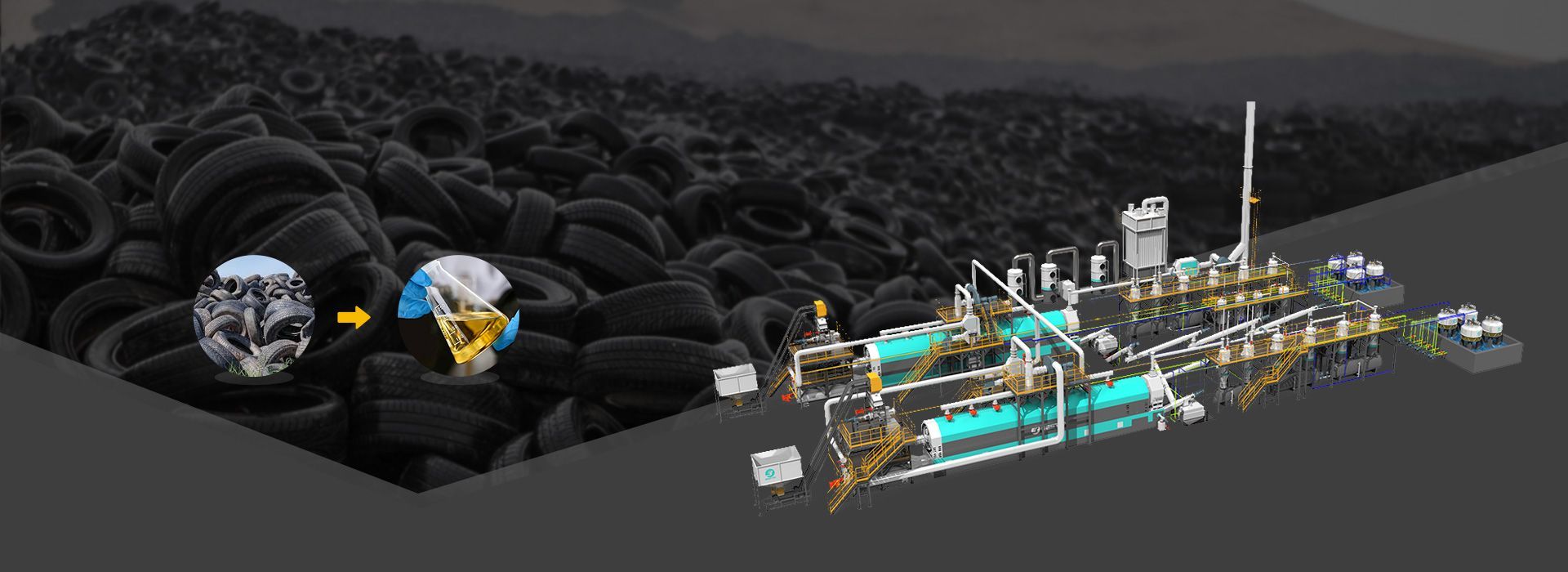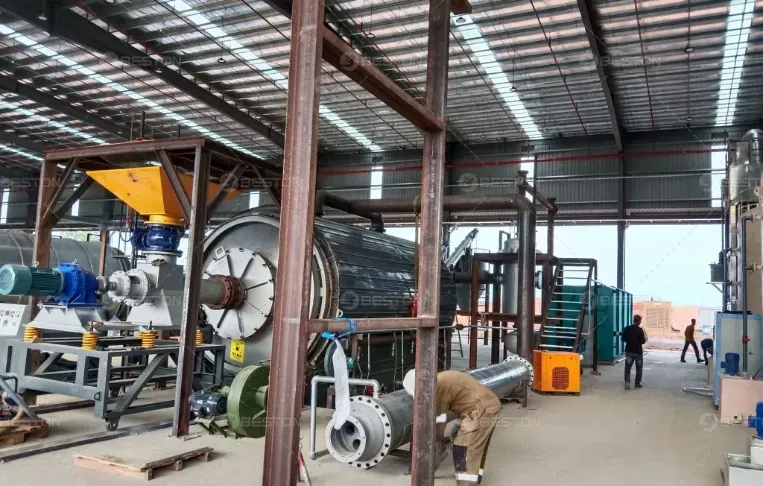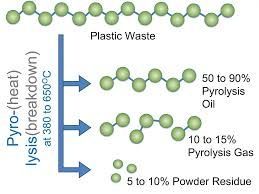Biochar and Soil Microbiomes: A Symbiotic Relationship?
Explore Biochar Soil Improvement
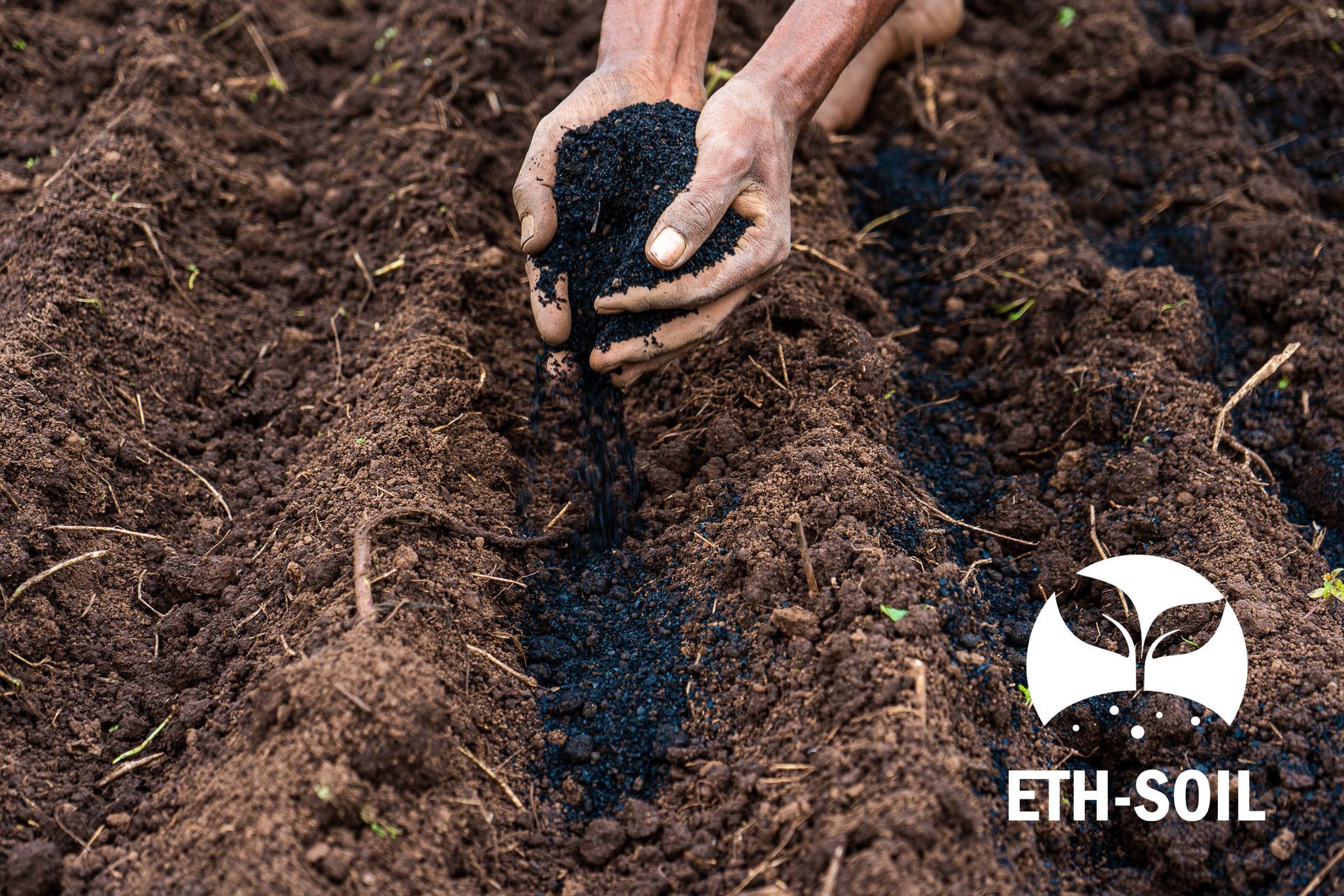
In recent years, biochar has gained attention for its ability to improve soil structure, boost plant health, and sequester carbon. But behind its porous black surface lies an even more fascinating story — one involving billions of microscopic lifeforms. The interaction between biochar and soil microbiomes is proving to be one of the most intriguing and promising frontiers in sustainable agriculture.
What Is a Soil Microbiome?
The soil microbiome refers to the vast community of bacteria, fungi, protozoa, and other microorganisms living beneath our feet. These tiny organisms perform essential functions: breaking down organic matter, fixing nitrogen, suppressing plant diseases, and supporting root development.
Healthy soils are teeming with microbial life. But in degraded or chemically treated soils, microbial diversity declines — and so does fertility.
That’s where biochar comes in.
Biochar: A Habitat for Microbial Life
Due to its high porosity and stable carbon structure, biochar acts as a kind of “microbial condominium.” Its sponge-like texture provides shelter, surface area, and stable habitat for beneficial microorganisms. It also helps retain nutrients and water — both critical for microbial activity.
When added to soil, biochar supports microbial colonization and protects microbes from environmental stresses such as drought or chemical exposure. Over time, this leads to more active, diverse, and resilient soil microbiomes, which in turn promote healthier plants.
These benefits are amplified when high-quality biochar is produced, especially from woody biomass using a wood to charcoal machine. Machines designed for clean, high-temperature pyrolysis ensure the biochar has optimal pore structure and surface chemistry to support microbial activity.
The Role of Feedstock and Production Method
Not all biochar is created equal. The microbial effects of biochar depend heavily on the feedstock (input material) and pyrolysis conditions. Wood-based biochar — particularly that made from hardwoods — has shown excellent compatibility with soil microbes due to its structural stability and nutrient-retention capacity.
A modern wood to charcoal machine can fine-tune the pyrolysis process to create biochar with specific characteristics, such as surface area, pH, and mineral content. These qualities directly influence which microbial populations will thrive in the amended soil.
For example, a slightly alkaline biochar can encourage beneficial bacteria like Bacillus and Pseudomonas, which are known to promote plant growth and suppress disease.
Field Applications and Research Insights
Several studies have shown that applying wood-derived biochar improves microbial biomass and enzymatic activity in various soil types — from tropical farms to temperate gardens. In one experiment, fields treated with biochar produced via a
saw a significant increase in mycorrhizal fungi, which enhance nutrient uptake in plant roots.
Farmers using biochar report better soil tilth, reduced need for fertilizers, and even greater resistance to pests and drought — all indicators of a thriving soil microbiome.
Conclusion: A Natural Partnership
The relationship between biochar and soil microbes is far from one-sided. Microbes colonize and “charge” the biochar with nutrients; in return, biochar provides structure, moisture, and chemical stability that microbes need to flourish.
As our understanding deepens, the integration of biochar — especially that made using advanced wood to charcoal machines — into regenerative farming systems could become standard practice. By supporting microbial health, we not only improve our soils but also unlock new pathways for carbon storage, crop resilience, and environmental restoration.
In a world looking for low-tech, high-impact climate solutions, this symbiotic relationship may be one of the most powerful — and the most overlooked.
